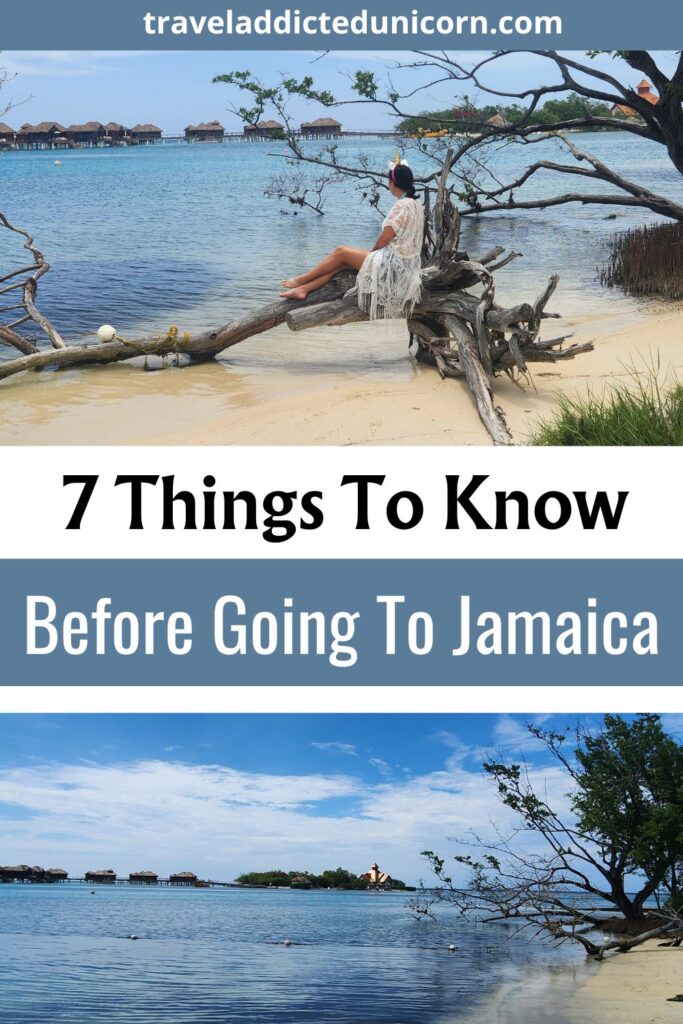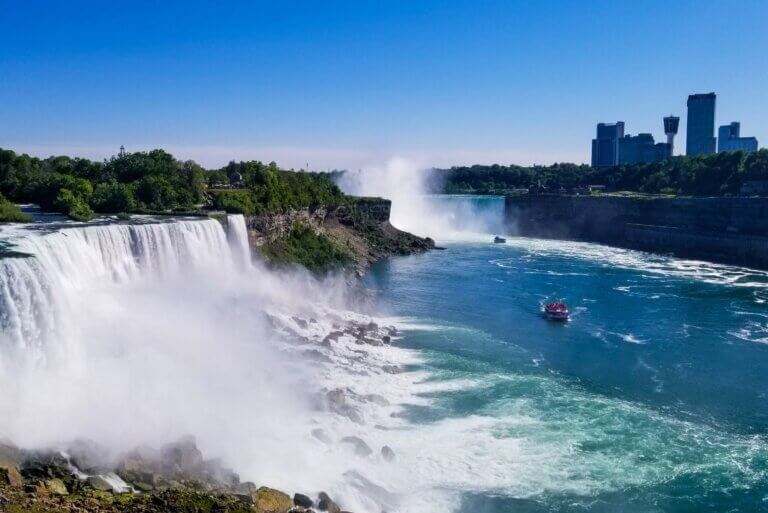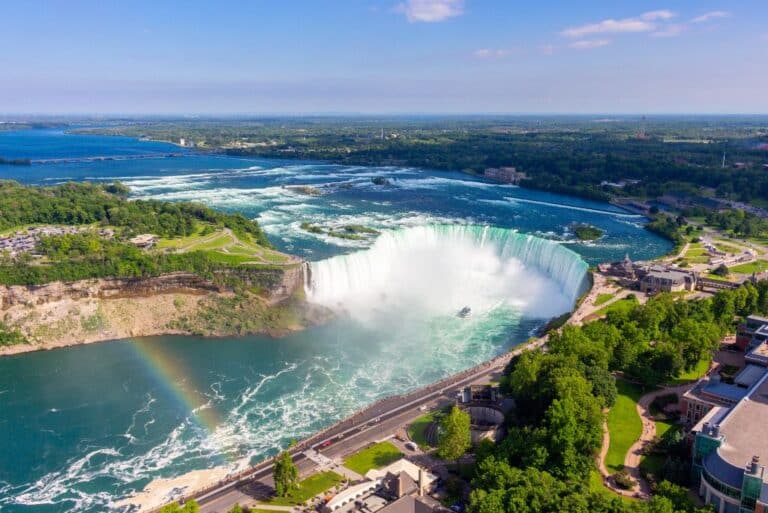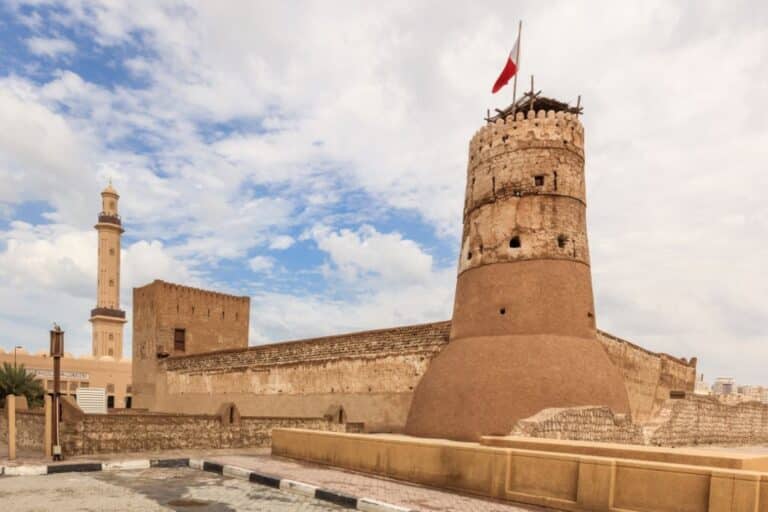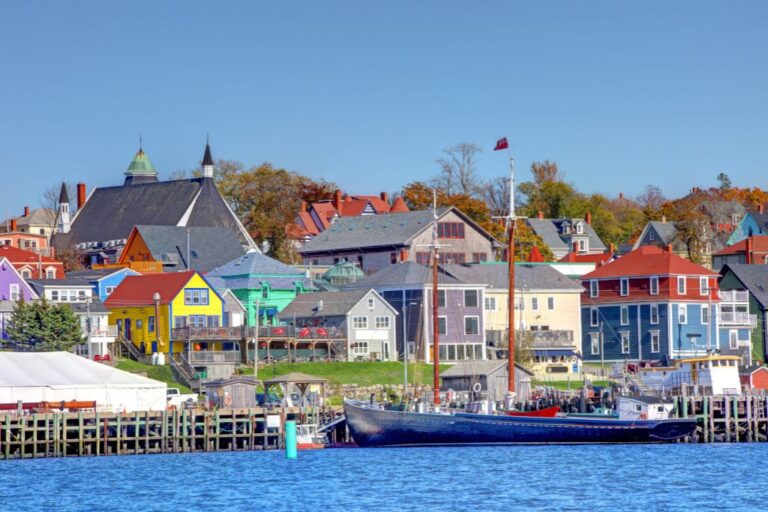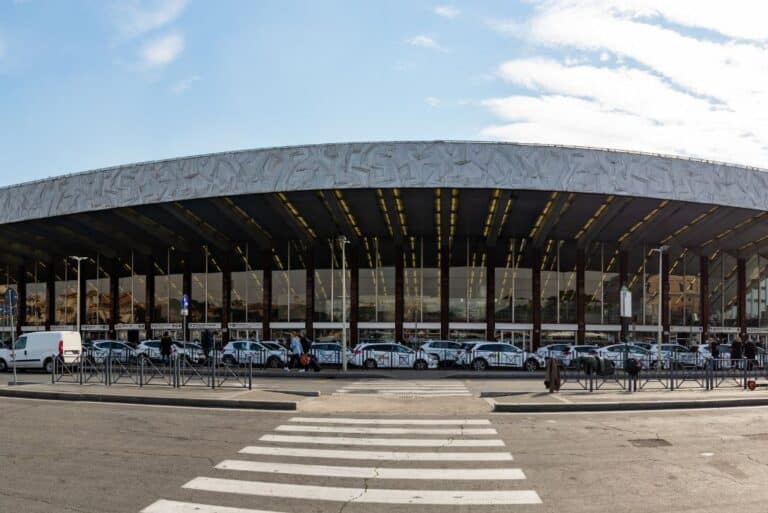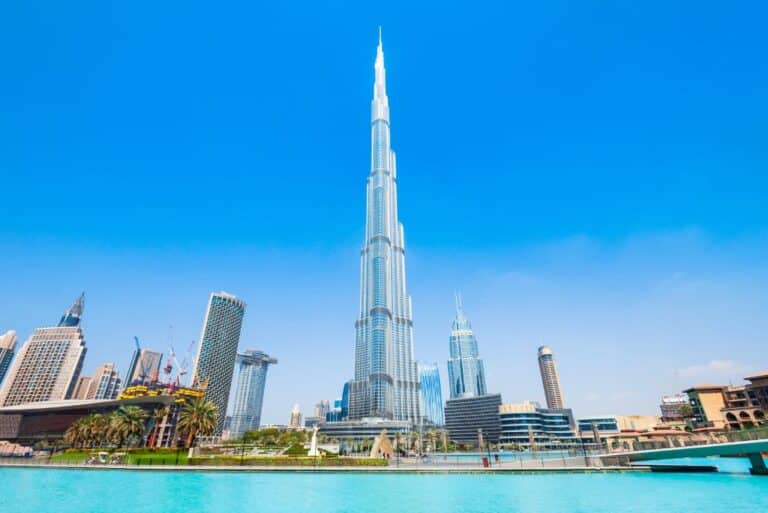7 Things To Know Before Going To Jamaica


Planning A Trip To Jamaica And Wondering What You Need To Know Before You Go? Keep Reading To Find Out!
So what are the main things to know before going to Jamaica?
Jamaica is a tropical paradise known for its stunning beaches, vibrant culture, and legendary reggae music.
However, before you pack your bags and head off to this Caribbean gem, there are a few things you should know to make your trip smooth, safe, and unforgettable.
From safety tips and cultural insights to practical advice about the weather, transportation, and tipping, this guide has you covered.
Things To Know Before Going To Jamaica
Let’s jump into what are the things to know before going on a vacation to Jamaica.
1. Currency and Payment Methods
The official currency of Jamaica is the Jamaican Dollar (JMD).
However, U.S. Dollars (USD) are widely accepted in tourist areas like Montego Bay, Ocho Rios, and Negril.
We used only U.S. dollars during our trip.
While using USD is convenient, it’s a good idea to carry some Jamaican Dollars.
Especially for smaller purchases at local markets, street vendors, or in rural areas where U.S. currency may not be accepted.
ATMs are available in major cities and tourist areas, and they often allow you to withdraw Jamaican Dollars directly, but they might be scarce in rural regions.
Credit cards like Visa and MasterCard are widely accepted in hotels, restaurants, and larger stores.
However, many smaller vendors operate on a cash-only basis, so it’s wise to carry small bills.
Always be cautious about counterfeit money—familiarize yourself with the local currency and count your change carefully.
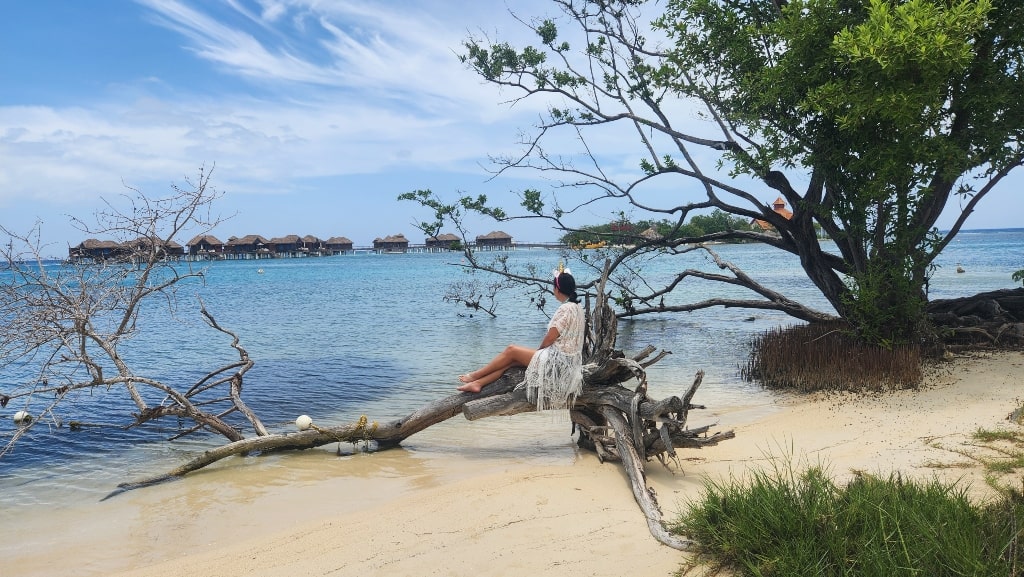
2. Tipping Etiquette
Tipping is an important part of the culture in Jamaica, and showing appreciation for good service is customary.
Leaving a tip of 10-15% of the total is standard.
For all-inclusive resorts staff members, such as housekeepers and bartenders, greatly appreciate small cash tips for exceptional service.
For taxi drivers, rounding up the fare or adding a small tip is common, especially if they assist with luggage or provide extra help.
Tour guides and excursion operators typically receive tips as well, with a range of $5–$20 USD being appropriate depending on the length and quality of the tour.
Bellhops and porters at hotels usually expect $1–$2 USD per bag.
It’s important to carry small denominations of cash for tipping since not everyone may have change for larger bills.
While tipping isn’t mandatory, it’s a simple gesture that can enhance your experience with the locals who work hard to make your stay enjoyable.
When tipping, both Jamaican Dollars and USD are appreciated, though locals often prefer JMD for convenience.
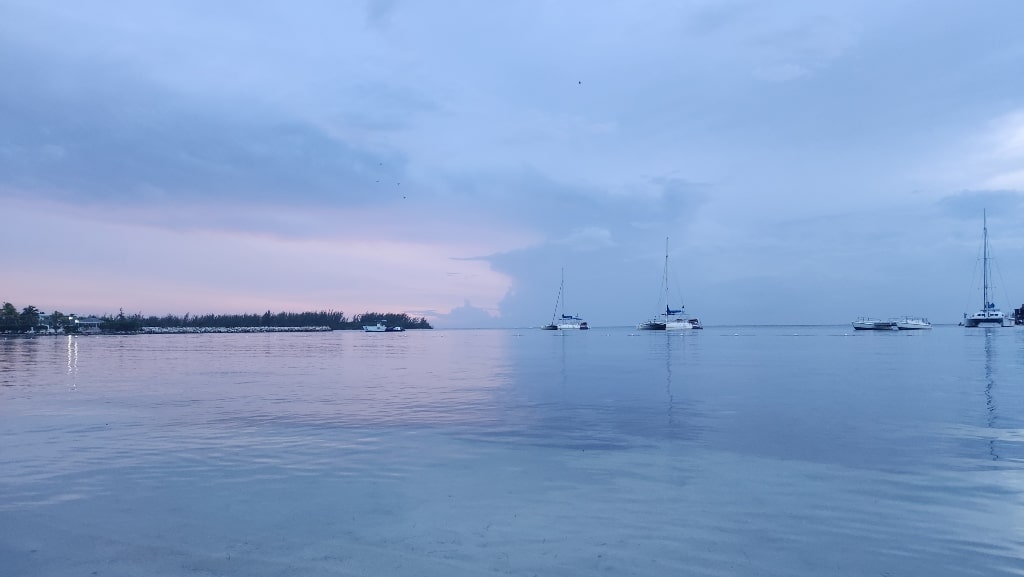
3. Safety and Local Awareness
While Jamaica is a popular tourist destination, staying safe requires some local awareness and careful planning.
Stick to well-known tourist areas such as Montego Bay, Ocho Rios, and Negril, where security measures are more robust and the atmosphere is welcoming.
Avoid venturing into less-developed neighborhoods or isolated areas, especially at night, as they may pose higher safety risks.
Always use official taxis or trusted transportation services; “JUTA” or “JCAL” licensed taxis are reliable options for tourists.
When exploring on foot, avoid flashing valuables like expensive jewelry or large amounts of cash to minimize attention.
Beaches and public areas are generally safe, but petty theft can occur, so never leave your belongings unattended.
If you’re approached by street vendors or touts, a polite but firm “no, thank you” usually suffices.
Always keep copies of your passport and other essential documents in a secure location.
Also, consider purchasing travel insurance for added peace of mind.
👉 It is always advisable to pre-book your travel insurance coverage, regardless of the country. You can book yours here: Safety Wing Insurance
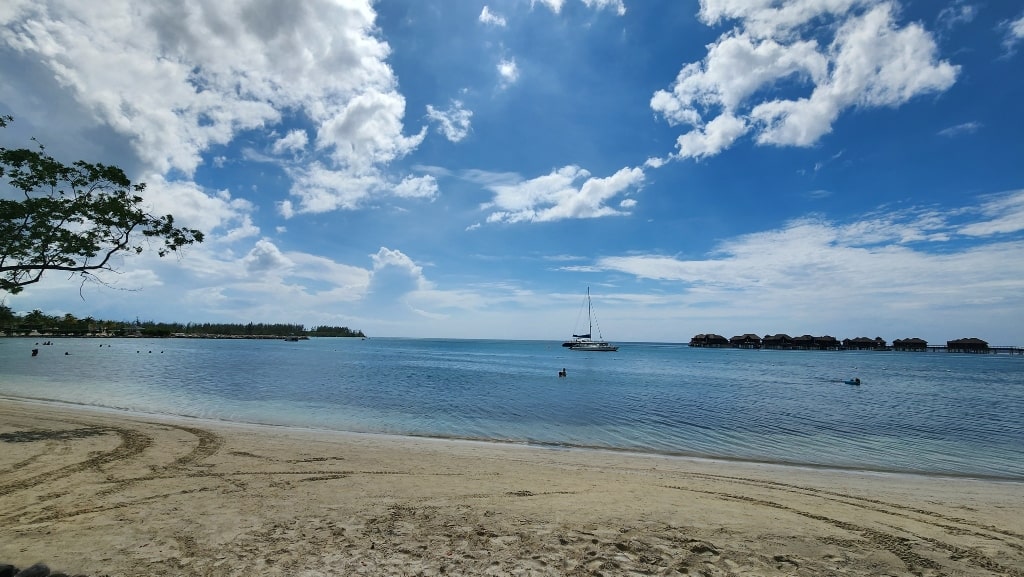
4. Transportation and Driving
Getting around Jamaica requires some understanding of the local transportation system and driving conditions.
If you plan to rent a car, it’s important to know that Jamaicans drive on the left side of the road, a holdover from British influence.
Roads in urban areas and major tourist regions are generally well-maintained.
However, rural roads can be narrow, winding, and in poor condition, so caution is advised, especially at night.
Street signage may be limited, so using GPS or a navigation app is highly recommended.
Public transportation, like minibusses and route taxis, is affordable but often overcrowded.
Also, it may not adhere to strict schedules, making them less convenient for tourists unfamiliar with the system.
For a safer and more predictable experience, consider hiring a private driver or booking with a reputable tour company for day trips (see below).
In addition, licensed taxis are reliable options for short distances and airport transfers.
Don’t forget to negotiate the fare upfront or confirm the driver uses a meter.
👉 Check out these tours that start in Montego Bay (the most popular resort area in Jamaica):
Montego Bay: Reggae Sunset Catamaran Cruise
From Montego Bay: Luminous Lagoon Night Tour
Montego Bay:Blue Hole, Secret Falls & Dunn’s River Fall Trip
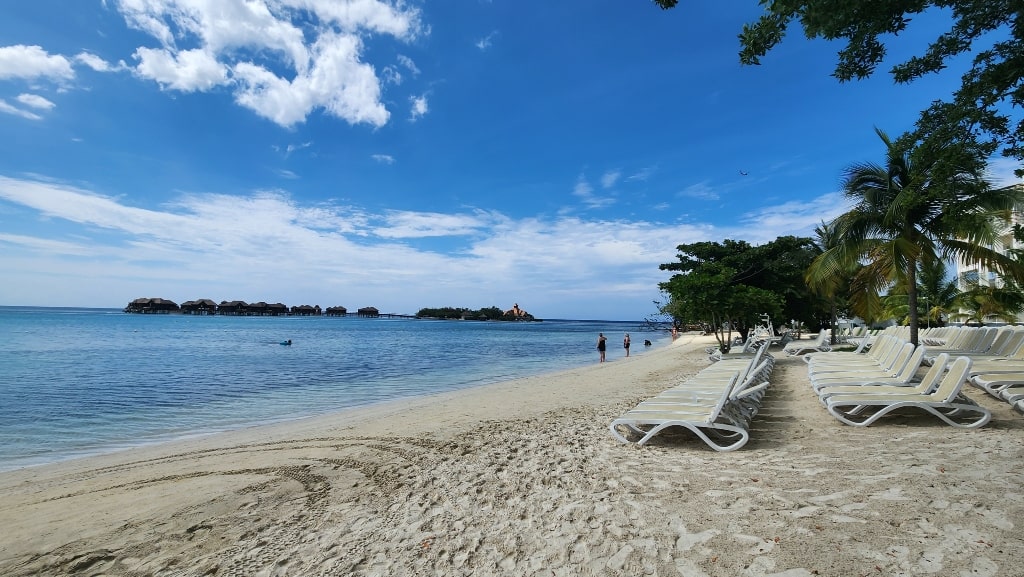
5. Language and Communication
In Jamaica, the official language is English, which makes communication relatively easy for most visitors.
However, you’ll also frequently hear locals speaking Patois (Jamaican Creole).
Patois is a lively and colorful dialect that blends English with African, Spanish, and French influences, often spoken with a rhythmic flow that can be hard to understand at first.
While it isn’t necessary to know Patois, locals appreciate when tourists make an effort to use common phrases like “wah gwan” (what’s going on) or “irie” (everything is good).
Jamaicans are generally warm and friendly, so don’t hesitate to ask for clarification or help if needed—most people are happy to assist and enjoy sharing their culture.
In tourist areas, people predominantly speak English.
However, venturing into rural regions may present more language barriers, as Patois is more commonly used.
🦄 If you want to know more about Jamaica’s languages, check out this blog post:
What Language Does Jamaica Speak?
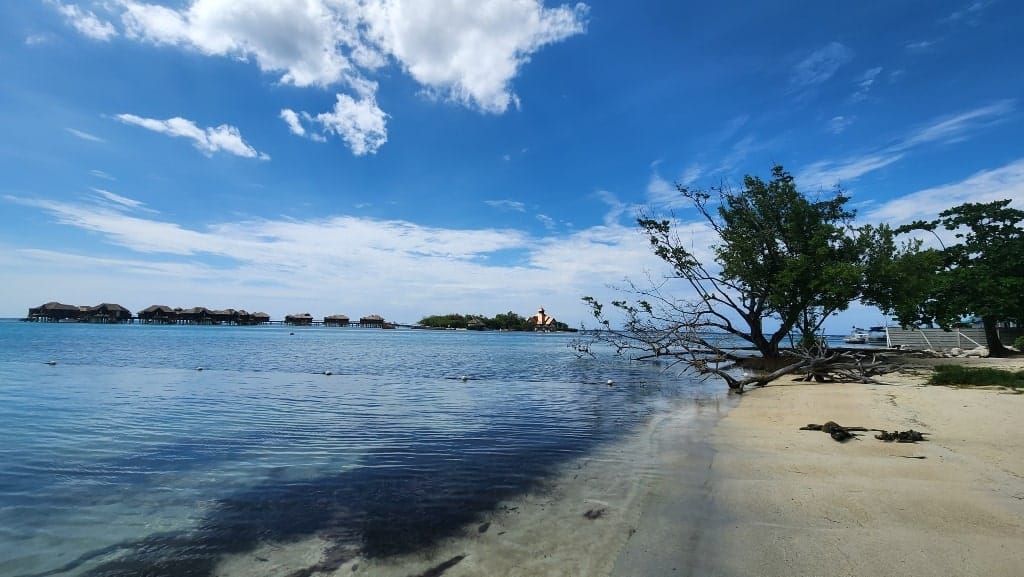
6. Weather and Best Times to Visit
Jamaica has a warm tropical climate year-round, making it an appealing destination at any time.
However, understanding the weather and peak seasons can enhance your trip.
The dry season, from December to April, is the most popular time to visit.
Offering sunny skies, minimal rain, and perfect beach conditions.
This period aligns with Jamaica’s high tourist season.
Therefore, expect bustling resorts, vibrant events, and higher prices for accommodations and activities.
For travelers seeking fewer crowds and better deals, the shoulder months of May and early June are excellent options, with generally pleasant weather and more relaxed tourist areas.
We visited at the beginning of June and it rained for a few days, but the rest of the time was sunny and warm.
The rainy season spans from June to November and overlaps with the Atlantic hurricane season, with the peak risk for storms occurring in September and October.
While this time brings increased rainfall, showers are typically brief and followed by sunshine, and the island’s lush greenery is at its most vibrant.
Temperatures throughout the year remain consistently warm, averaging between 77°F and 88°F (25°C to 31°C).
However, evenings can be cooler in higher altitudes like the Blue Mountains.
Regardless of when you visit, it’s wise to pack sunscreen, a lightweight rain jacket, and breathable clothing to prepare for the island’s tropical conditions.
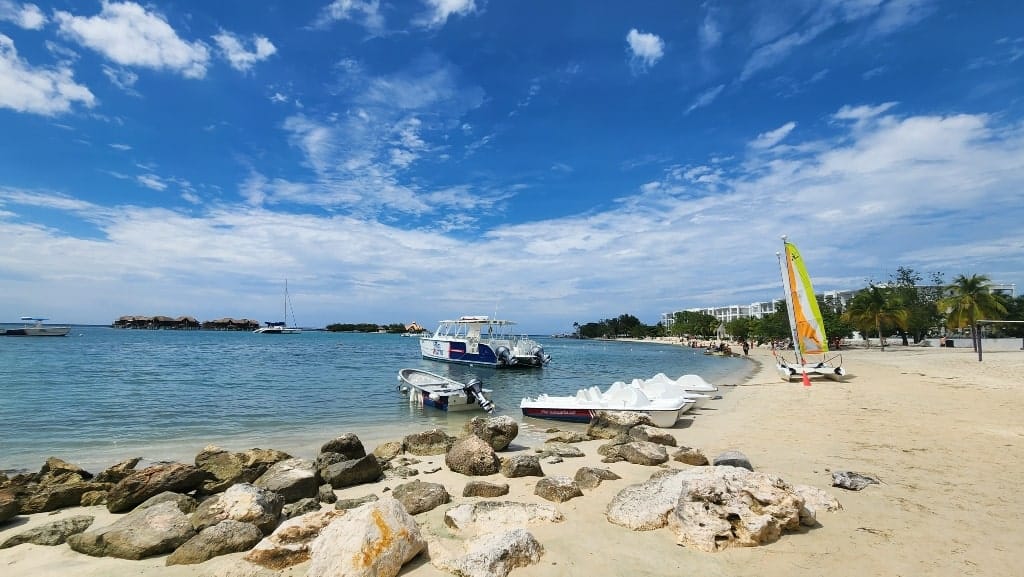
🦄 If you want to know more about Jamaica, check out these blog posts:
What Are 5 Facts About Jamaica?
Are There Sharks In Montego Bay, Jamaica?
Is Jamaica A Country Or A City?
7. Health and Vaccinations
Before traveling to Jamaica, it’s important to ensure your health and vaccinations are up to date for a safe and comfortable trip.
While no specific vaccinations are required for entry, the Centers for Disease Control and Prevention (CDC) recommends that all travelers be current on routine vaccines, such as measles, mumps, rubella (MMR), and influenza.
Additionally, travelers should consider getting vaccines for Hepatitis A and Hepatitis B.
You can contract it through contaminated food, water, or bodily fluids, particularly in areas with less rigorous sanitation practices.
Typhoid fever is another vaccine to consider, especially if you plan to visit rural or less developed areas where food safety may be a concern.
Also, Jamaica is a region where mosquito-borne illnesses such as dengue, Zika, and chikungunya are present.
Therefore, wearing insect repellent and wearing long sleeves in the evening is highly recommended.
Drink only bottled or purified water to avoid gastrointestinal issues, as tap water in some areas may not be safe for tourists.
In addition, it is a good idea to pack a basic first-aid kit with medications for common ailments like upset stomach, headaches, or allergies.
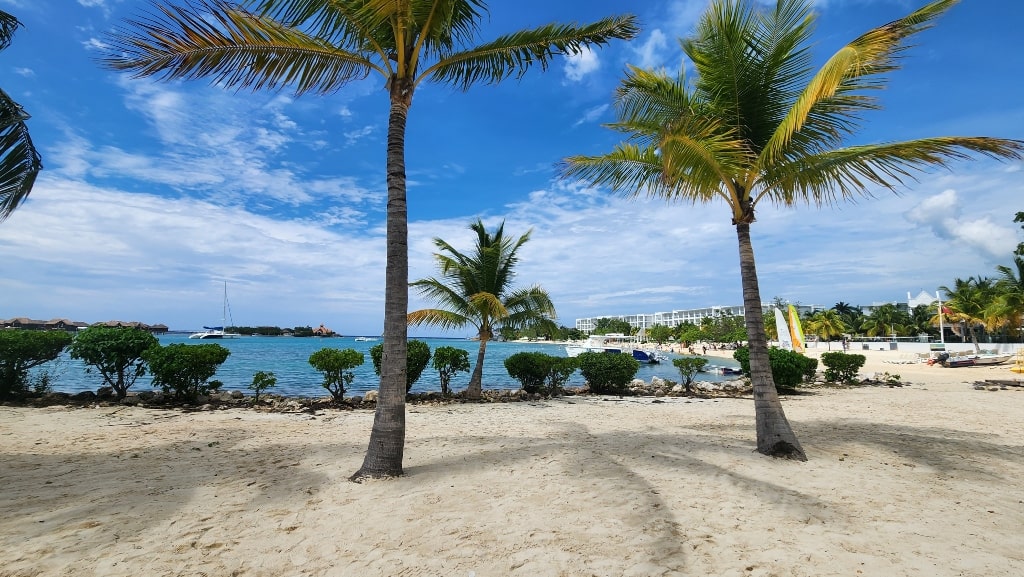
Conclusion: 7 Things To Know Before Going To Jamaica
In conclusion, Jamaica offers a vibrant and unforgettable experience, but knowing a few essential things before you go can help you make the most of your trip.
From understanding the local currency and tipping etiquette to being aware of safety precautions and the best times to visit, being prepared ensures a smooth and enjoyable vacation.
Embrace the island’s rich culture, stunning landscapes, and warm hospitality while staying mindful of practical details like transportation, health, and local customs.
With these tips in hand, you’ll be ready to immerse yourself in all that Jamaica has to offer—from its delicious food and lively music to its beautiful beaches and welcoming people.
